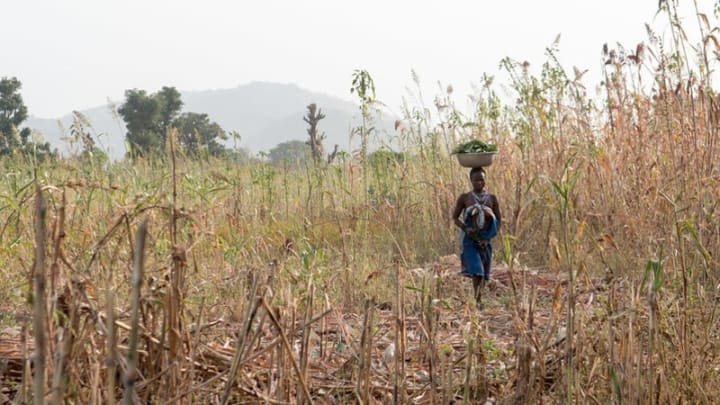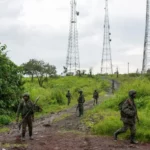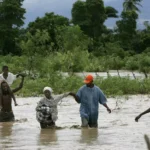Nigeria’s Minister of Agriculture and Food Security, Senator Abubakar Kyari, has expressed worry over the impact of climate change on food production and food security in the West African country.
The minister made these remarks during a speech at the Sahel Food System Change Makers Conference in the country’s capital Abuja.
The conference’s theme was “Rethinking Food and Nutrition Security in the Face of Climate Change: Scaling Innovation and Driving Urgent Public-Private Partnership Actions.”
Sugra Mahmood, representing the Minister, appealed to stakeholders in both the public and private spheres to come together and mobilize resources in the fight against climate change.
He said:
“We must unite our efforts, harnessing the strength of both the public and private sector, including the informal sector, by doing so we can mobilize the resources, expertise and innovations necessary to confront climate change head-on, however, we must act urgently.
“Climate change is not waiting for us to catch up, the challenges are pressing, the consequences are severe and should not be contemplated.
“We must invest in Agriculture, sustainable land management, and the development of resilient food systems.
“In this journey, the President Tinubu-led administration commits to playing a leading role. We will work tirelessly to create an enabling environment for innovations and investors.
“We will strengthen our institutions to support Public Private Partnerships, PPP, that drive sustainable agriculture. We prioritize the resilience of our food systems and the well-being of our citizens.”
Also speaking at the event is the Minister of Budget and Economic Planning, Atiku Bagudu, who reiterated that climate change has been a major contributor to food insecurity in Nigeria.
For Bagudu, farmers can no longer cultivate their land the way they used to due to erosion floods and other weather-related factors.
He stated,
“Climate change over the decades has been responsible for not only consequential effects on the food system but also as a single largest contributor to insecurity in Agriculture.
“What is increasingly recognised as a Sahelian problem is mostly climate change because not only that the available land is increasingly unable to support agricultural practices in the way they are traditionally done but equally the competition for resources by the composite tripod of the agricultural space is also incomplete”.
He also lamented that,
“The farmers can no longer find enough land to cultivate in the way they used to because of a combination of many factors.
“The fishing communities could not find enough freshwater bodies to fish in the way they used to.
“The pastoralist communities who move from one place to another can no longer be supported in the way they used to. This brings to fore the urgency.”









